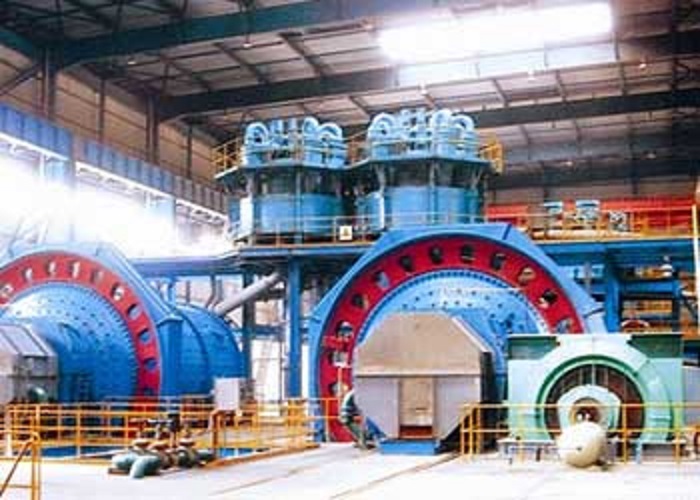Dry Ball Mill

Tootest
Dry ball mill is suitable for all kinds of metal and nonmetal ores, including materials that will react with water, such as cement, marble, and other building stones, or products that require storage and sales in the form of powder. In addition,among all ball grinding machine, if the concentrator is located in an arid area and water resources are scarce, dry grinding ball mill can be used for water saving.
Advantages of Dry Grinding Ball Mill
Dry ball mill need less water, which greatly saves water consumption compared with wet ball mill.
The material produced by dry ball mill is the finished product.
The efficiency of dry ball mill is higher.
Available for cement ball mill.
Working Principle of Dry Ball Mill
The dry grinding ball mill is a horizontal cylindrical rotating device, which is driven by outer gear. It is divided into lattice type dry ball mill and multi-bin type dry ball mill. The material enters into the front bin of the mill through the feeding device, and the hollow shaft screw evenly enters into the front bin of the mill. There are stepped lining plates or corrugated lining plates in the bin, which are filled with steel balls of different specifications. The rotation of the cylinder generates centrifugal force to bring the steel balls to a certain height and then fall down, which has a heavy impact and grinding effect on the material. After rough grinding in the front bin, the materials enter the second bin through a single-layer partition board. The bin is inlaid with a flat lining board and steel balls to further grind the materials. The powder is discharged through the discharging grate plate to complete the industrial grinding mill operation.
Main Structure of Dry Ball Mill
Feeding screw for feeding raw material.
The shell is equipped with a manhole for maintenance and replacement of the inner liner.
Discharge part for ball mill to discharge qualified products.
Main bearing.
Transmission part.
Operation and Maintenance of Dry Ball Mill
Before the ball mill is started, check whether the connecting bolts are tightened, including gears, couplings, etc. Check whether the oil tank and reducer have enough quantity; Whether the whole lubricating device and instrument are defective and whether the pipeline is smooth. Finally, check whether there are any sundries around the ball mill and classifier. Only if everything is clear can we get the ball mill to work.

